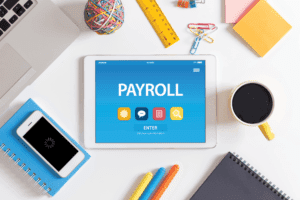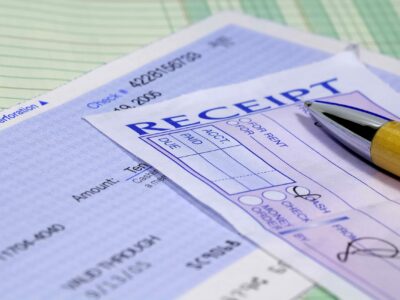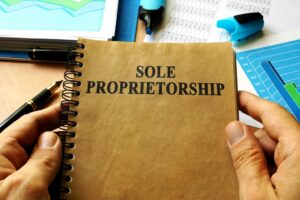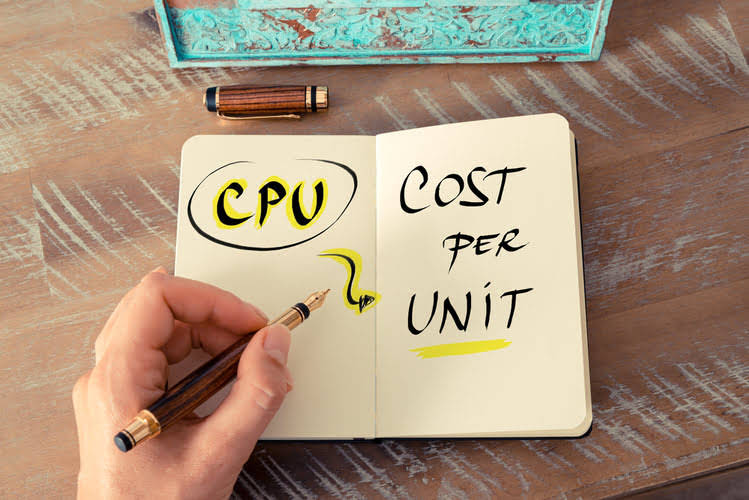
Keeping inaccurate books, or waiting until the end of the year to do your financials, often results in missing allowable expenses, and thus overpaying your taxes. Additionally, the IRS requires you to keep all of your receipts and related documentation as proof. If you don’t have all https://www.bookstime.com/ of your receipts and proofs of expenses the IRS may not honor your claims. Learn how to streamline your property management, repeat the process, and grow your portfolio. You should also save paper copies of documents and transaction records, even if you also have electronic copies.

The basics of accounting for property managers

These items might exist in a variety of accounts, so ideally, you want to label them as tax-deductible when entering them into your ledger. These include the items mentioned under accounts payable, as well as mortgage and other loan payments. In this method of accounting, you simply record each transaction in your ledger as it happens, both payments and receivables.
Save time & make more money with DoorLoop
- Make sure you are regularly reconciling your bank statements with the accounting records.
- Also, it’s more complicated to use when dealing with unearned or prepaid sums.
- Whether that sounds like you or you’re a seasoned investor or property manager interested in simply improving your accounting skills, this is your hub for everything property accounting.
- Therefore, it’s vital to establish the best bookkeeping practices to ensure your business remains profitable.
- Without sound accounting, property management portfolios simply don’t work.
- Ultimately, accounting best practices are backed up by tools and technology; helping teams get more on top of payments and financial processes.
- Periodic cash flow analyses aid in spotting trends, enabling proactive measures to optimize profitability.
This blog article is not intended to be the rendering of legal, accounting, tax advice or other professional services. Articles are based on current or proposed tax rules at the time they are written and older posts are not updated for tax rule changes. We expressly disclaim property management accounting best practices all liability in regard to actions taken or not taken based on the contents of this blog as well as the use or interpretation of this information. Information provided on this website is not all-inclusive and such information should not be relied upon as being all-inclusive.

Owner report or rental owner statement
As a property manager, a fundamental and essential aspect of your role involves overseeing assets, income, and expenditures. At its core, property management accounting embraces the processes, systems, and principles used to track, record, analyze, and manage financial transactions related to property operations. By maintaining separate records for income and expenses, property managers can ensure that they are accurately reporting their financial activities to tax authorities. This separation simplifies the process of claiming deductions and credits, as it is easier to provide the necessary documentation and justification for each expense. Moreover, in the event of an audit, having well-organized and distinct records can expedite the process and reduce the likelihood of penalties. The right property accounting software will, very simply, save you time and money.
- Zoho Books is a cloud-based accounting software that offers features such as invoicing, expense tracking, and financial reporting.
- It’s one of the most accurate accounting systems which offers excellent long-term results.
- With cash basis accounting for property management, as long as you keep your business in the black, you’ll typically have a positive cash flow.
- Whether it’s recurring utility bills or one-off repair costs, a structured AP system is essential.
- We’ve already mentioned that storing proof of your expenses is vital if you want to be able to claim your expenses.
- Stay informed of tax codes and regulations and consider seeking the assistance of a tax advisor.
Must Be the Same Taxpayer

These platforms employ state-of-the-art security measures, including encryption, multi-factor authentication, and regular security audits, to protect sensitive financial data. This level of security is often more robust than what individual property management firms can implement on their own. Additionally, cloud-based solutions offer automatic backups and disaster recovery options, ensuring that data is not lost in the event of a system failure or other unforeseen circumstances. In today’s digital age, leveraging technology to automate and integrate various aspects of property management accounting has become essential.
In contrast, cloud-based solutions can easily scale up or down based on the number of properties managed, without the need for significant financial investment. This scalability ensures that property managers can continue to operate efficiently, regardless of the size of their portfolio. Automated rent collection systems also offer robust reporting features.
The Power of Comprehensive Property Management Accounting Software
The accrual accounting method records transactions when they occur, regardless of cash flow. It is mandatory for businesses with employees and provides a more accurate representation of financial activities. With it, you can have proper visibility across your revenue, expenditures, and overall profitability of each property. In fact, good accounting practices can help maximize tax deductions as well. When you report the income and expenses of each property, the IRS (Internal Revenue Service) will have their eyes open – looking for holes in the report. With good property management accounting, you can have a closer look at your expenses and maximize tax deductions.
- Monitor rental income, expenses, and cash reserves to maintain a positive cash flow and plan for future investments.
- Automated rent collection systems also offer robust reporting features.
- Managing expenses effectively is crucial for controlling costs, optimizing budget allocations, and maximizing return on investment (ROI).
- Embracing remote accounting for property management companies empowers you to focus on growing your property portfolio while experts manage your finances seamlessly.
- Like-kind property essentially means the property you’re buying in the exchange must be similar to the one you’re selling.
Establish Individual Property Accounts
Also, make sure that you have a consistent process that aligns with your local and state guidelines so that you don’t put yourself, your residents, and your owners in an even more precarious situation. Here are 10 property management bookkeeping best practices and tips to help property managers stay in the black. Good property management accounting fundamentals, he says, ensures your books are balanced and you’ve accounted for money tied to every single property you have. This type of bookkeeping is the go-to option for a smaller property management accounting system. If the transaction activity is minimal, a single entry approach is sufficient. It’s a list of all the company’s accounts in one place, just like a tax deductions cheat sheet for property management.
